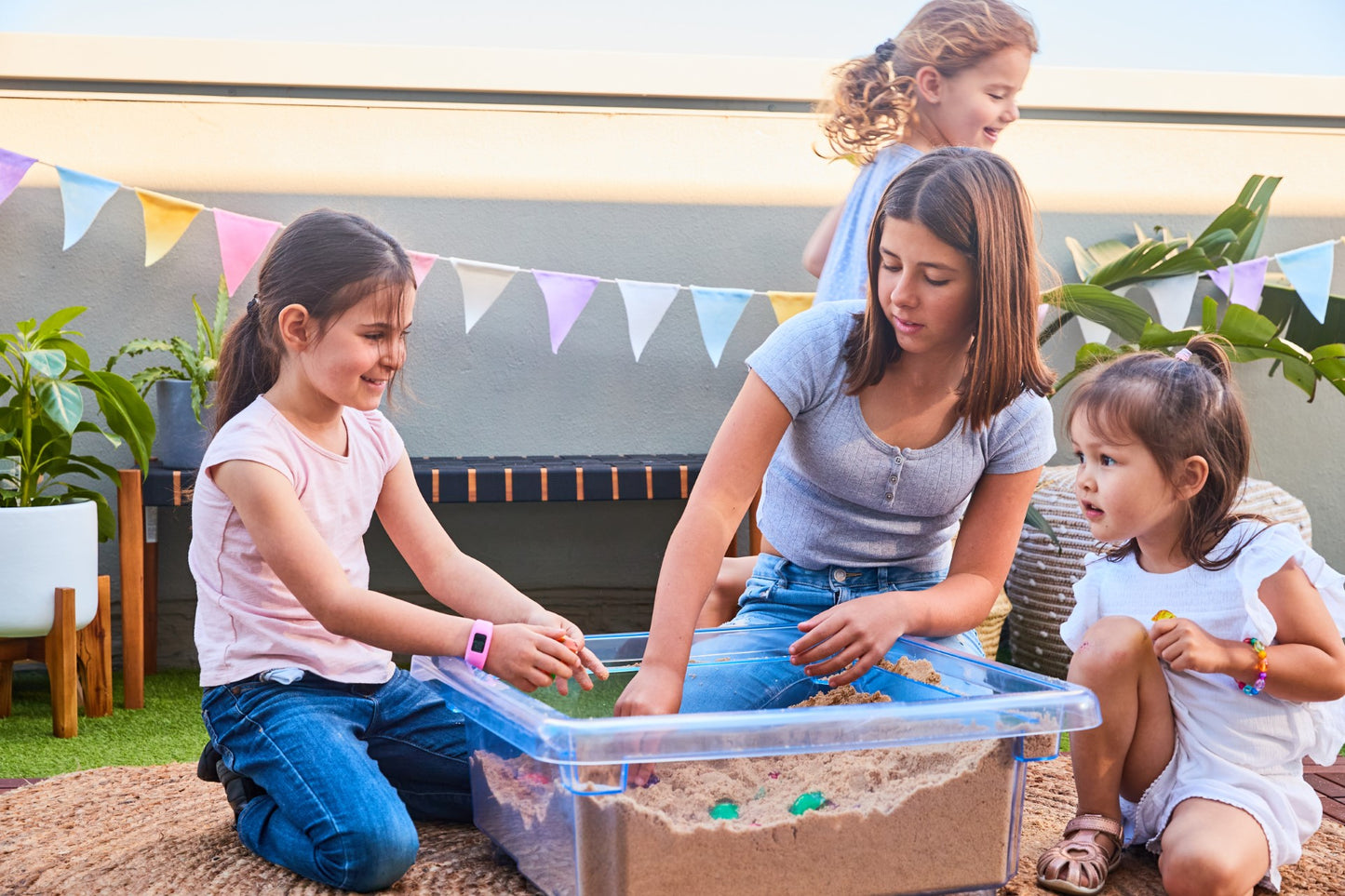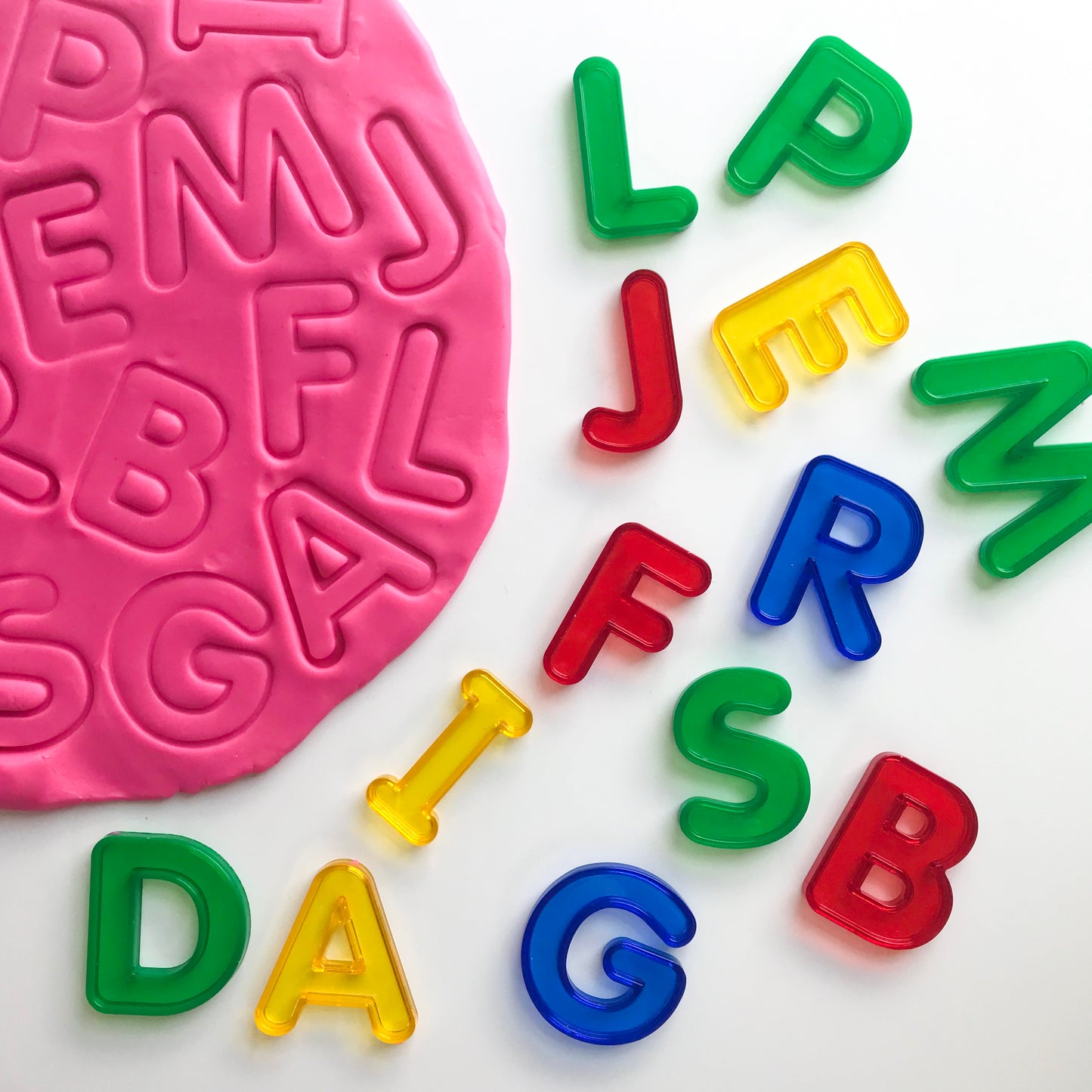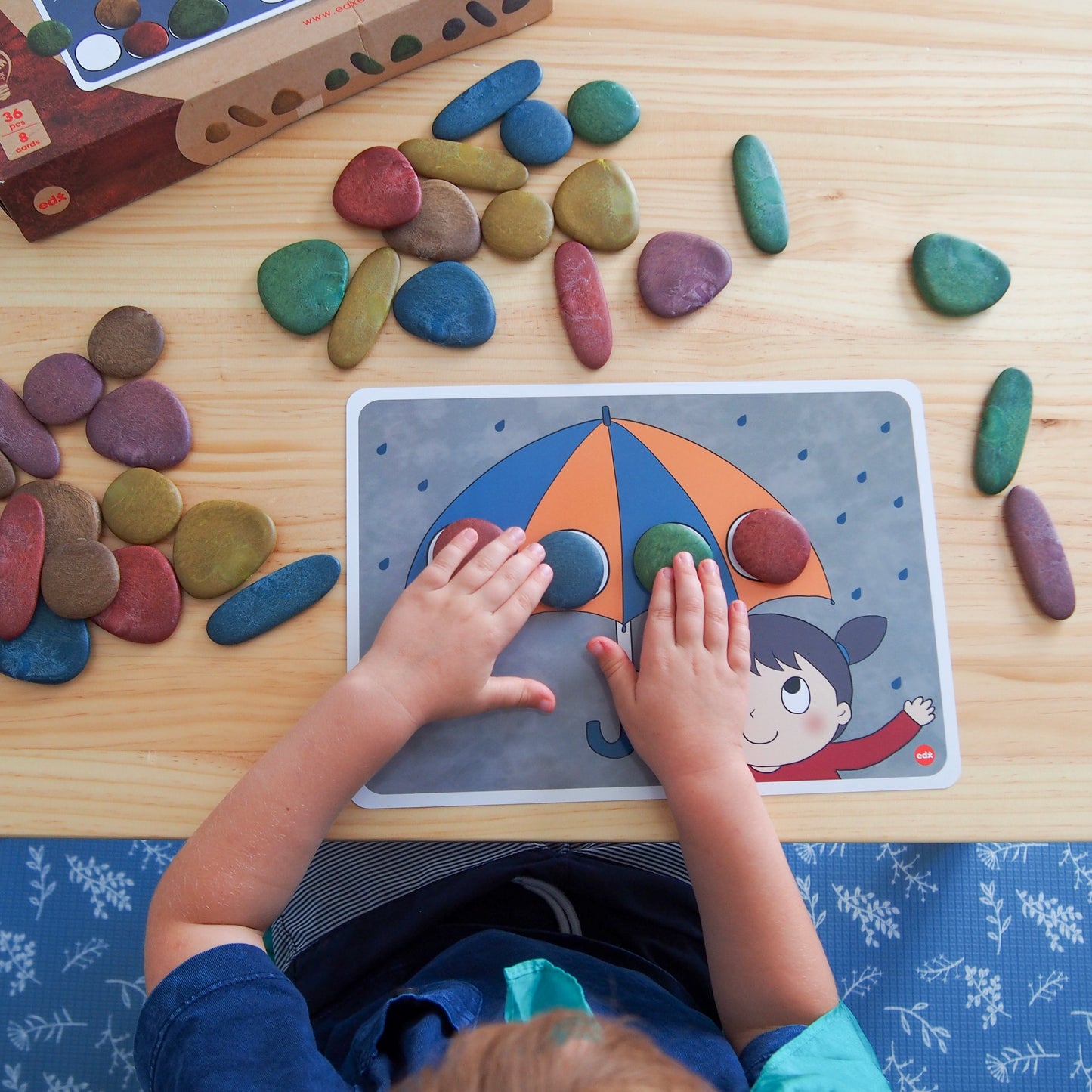The Role of Open-Ended Play
Open-ended play is play that doesn’t have a predetermined outcome or set of rules, allowing children to explore and create freely. This type of play is invaluable in early childhood development, as it encourages creativity, imagination, and problem-solving skills. Edx Education toys are designed to promote open-ended play, offering endless possibilities for exploration and learning.
Educational paradigms are continually evolving, play-based learning is gaining significant traction. The "Play, Learn & Create with Edx Education" podcast, hosted by Heather Welch, delves into the intricacies and benefits of this innovative approach to education.
Understanding Play-Based Learning
Play-based learning is a pedagogical approach that uses play as the primary mode of learning. This method is grounded in the understanding that children learn best when they are engaged, curious, and motivated. The "Play, Learn & Create with Edx Education" podcast emphasises the importance of this approach by discussing various aspects such as its benefits, different stages, and how it supports overall development in children.
In the ever-expanding world of online shopping, ensuring the safety of children's toys is a critical concern. With an increasing number of purchases happening through online retailers and manufacturers, parents must remain vigilant about the safety standards of the toys they buy. Over the past year, there has been a noticeable rise in toys sold by third-party sellers that do not meet safety standards, raising alarm among parents, retailers, and organisations such as The British Toy and Hobby Association (BTHA), Royal Society for the Prevention of Accidents (RoSPA), and the United States Consumer Product Safety Commission (CPSC).
At Edx Education, we are dedicated to developing innovative educational resources that inspire children to play, learn, and create. Our focus is on producing high-quality educational toys that foster skill development, creativity, and critical thinking. As we strive to support children's learning, we also prioritise sustainability to benefit consumers, the climate, and the environment.
Features to Look For in Educational Toys
When selecting educational toys, it is crucial to consider features that enhance a child's learning experience. Here are key aspects to look for:
- Age Appropriateness: Ensure the toy is suitable for the child's age and developmental stage. Toys that are too advanced or too simplistic may not effectively engage the child.









